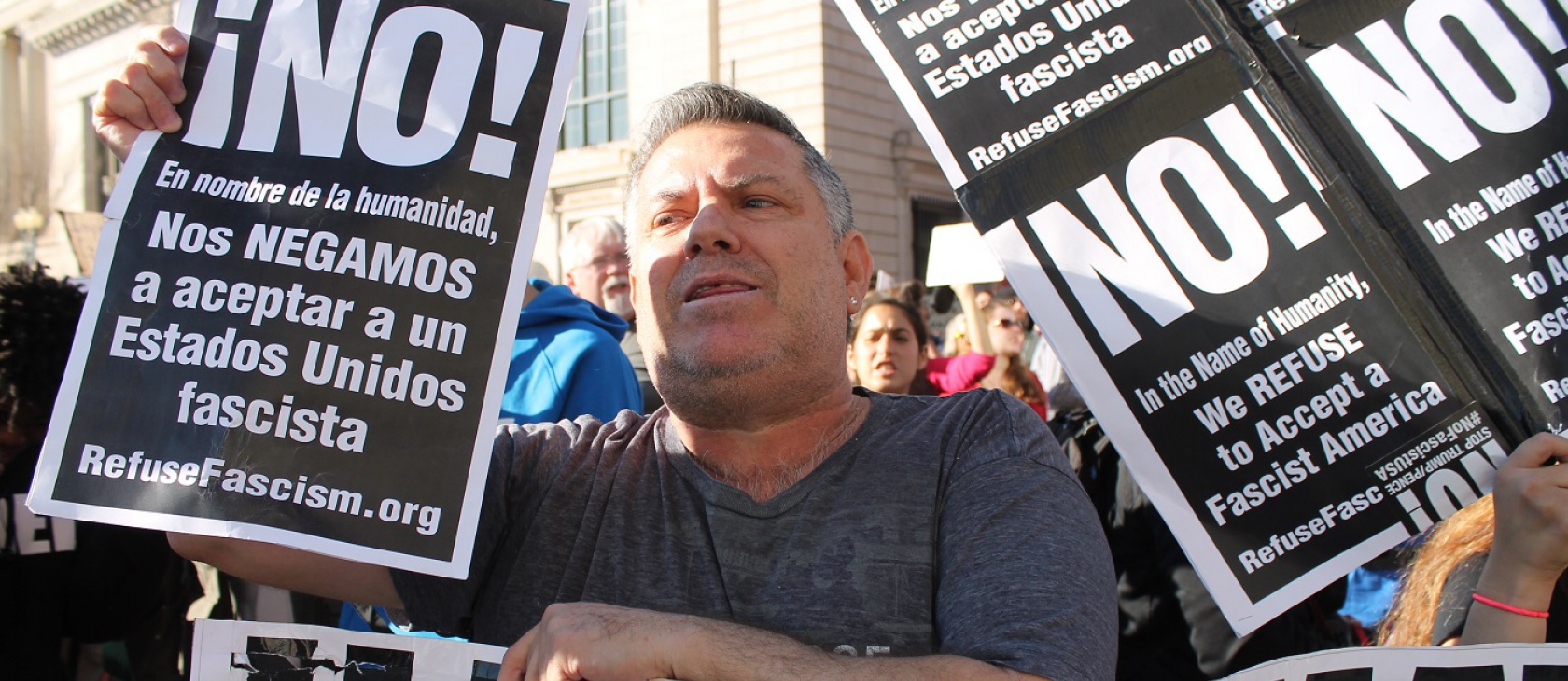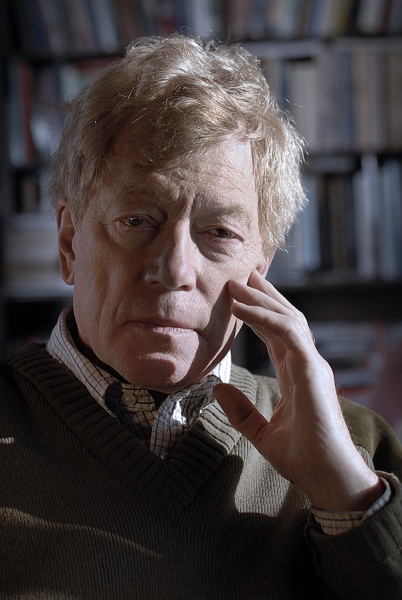Populists recruit their following by direct appeal, are largely indifferent to their opponents, and have no intention, if elected, of allowing a voice to those who did not vote for them. If “populism” threatens the political stability of democracies, it is because it is part of a wider failure to appreciate the virtue and the necessity of representation. For representative government to work, representatives must be free to ignore those who elected them, to consider each matter on its merits, and to address the interests of those who did not vote for them just as much as the interests of those who did. The point was made two centuries ago by Edmund Burke that representation, unlike delegation, is an office, defined by its responsibilities. To refer every matter to the constituents and to act on majority opinion case by case is precisely to avoid those responsibilities, to retreat behind the consensus, and to cease to be genuinely accountable for what one does.
We accept to be ruled by laws and decisions made by politicians with whom we disagree, and whom we perhaps deeply dislike. How is that possible? Why don’t democracies constantly collapse, as people refuse to be governed by those they never voted for?
In modern conditions, in which governments rarely enjoy a majority vote, most of us are living under a government of which we don’t approve. We accept to be ruled by laws and decisions made by politicians with whom we disagree, and whom we perhaps deeply dislike. How is that possible? Why don’t democracies constantly collapse, as people refuse to be governed by those they never voted for? Why do the protests of disenchanted voters crying “not my president!” peter out, and why has there been after all no mass exodus of liberals to Canada?
The answer is that democracies are held together by something stronger than politics. There is a “first-person plural”, a pre-political loyalty, which causes neighbours who voted in opposing ways to treat each other as fellow citizens, for whom the government is not “mine” or “yours” but “ours”, whether or not we approve of it. Many are the flaws in this system of government, but one feature gives it an insuperable advantage over all others so far devised, which is that it makes those who exercise power accountable to those who did not vote for them. This kind of accountability is possible only if the electorate is bound together as a “we”. Only if this “we” is in place can the people trust the politicians to look after their interests. Trust enables people to co-operate in ensuring that the legislative process is reversible, when it makes a mistake; it enables them to accept decisions that run counter to their individual desires and which express views of the nation and its future that they do not share. And it enables them to do this because they can look forward to an election in which they have a chance to rectify the damage.
That simple observation reminds us that representative democracy injects hesitation, circumspection and accountability into the heart of government – qualities that play no part in the emotions of the crowd. Representative government is for this reason infinitely to be preferred to direct appeals to the people, whether by referendum, plebiscite or social media. But the observation also reminds us that accountable politics depends on mutual trust. We must trust our political opponents to acknowledge that they have the duty to represent the people as a whole, and not merely to advance the agenda of their own political supporters.
Marine Le Pen in France, Jeremy Corbyn in Britain, Nicola Sturgeon in Scotland and Geert Wilders in the Netherlands have very little in common when it comes to ideology. But they share one important feature, which is that they represent factions within the electorate, and not the electorate as a whole.
But what happens when that trust disintegrates? In particular, what happens when the issues closest to people’s hearts are neither discussed nor mentioned by their representatives, and when these issues are precisely issues of identity – of “who we are” and “what unites us”? This, it seems to me, is where we have got to in Western democracies – in the United States just as much as in Europe. And recent events on both continents would be less surprising if the media and the politicians had woken up earlier to the fact that Western democracies – all of them without exception – are suffering from a crisis of identity. The “we” that is the foundation of trust and the sine qua non of representative government has been jeopardised not only by the global economy and the rapid decline of indigenous ways of life, but also by the mass immigration of people with other languages, other customs, other religions, other ways of life and other and competing loyalties. Worse than this is the fact that ordinary people have been forbidden to mention this, forbidden to complain about it publicly, forbidden even to begin the process of coming to terms with it by discussing what the costs and benefits might be.
It is in these circumstances that we witness the rise of the populists. Marine Le Pen in France, Jeremy Corbyn in Britain, Nicola Sturgeon in Scotland and Geert Wilders in the Netherlands have very little in common when it comes to ideology. But they share one important feature, which is that they represent factions within the electorate, and not the electorate as a whole. They seek the widest possible support, but have little or no intention of compromising with those who do not offer it. Theirs is a politics of slogans, banners and people on the march.
True democrats are not like that. They are not in the business of recruiting people to a cause, and imposing their goals by majority opinion. They are in the business of government, which means discussion and compromise with those who disagree with them. The populist leads a crowd, with a banner marked “Forward to victory!” Victory means overcoming opposition and then destroying it, in the manner of Lenin and Hitler, who worked by charisma, hysteria and mass enchantment in order to ascend to the pinnacle of power. True democrats cannot play that game. They aim to lead a civil society, not a crowd, and if they had a banner it would say merely “Hesitate!” – not, as you will agree, a winning slogan.
This article was originally published in The Conservative journal, Issue 5, November 2017.
(Photo credit: Elvert Barnes. This photo has been cropped. CC BY-SA 2.0.)




